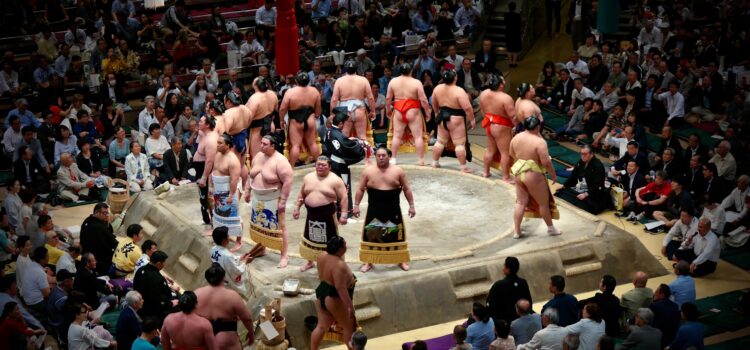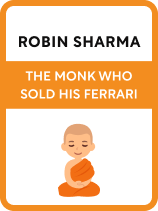

This article is an excerpt from the Shortform book guide to "The Monk Who Sold His Ferrari" by Robin Sharma. Shortform has the world's best summaries and analyses of books you should be reading.
Like this article? Sign up for a free trial here .
What is kaizen training? How can kaizen theory apply to your life?
In The Monk Who Sold His Ferrari, Julian Mantle learns about kaizen theory. Using the process of kaizen training, you can greatly improve your own life.
Read more about kaizen technique and how to implement kaizen training for your own self-improvement.
Kaizen Training and Sumo Wrestlers
The sumo wrestler from Sage Raman’s story represents the kaizen theory, a Japanese word that can be translated as continuous, endless self-improvement. In this case, it specifically means improving and mastering your inner self. This form of kaizen training includes discipline, confidence, energy, and optimism.
Improving your inner self is crucial to improving your life. You can’t lead or care for others if you can’t even lead or care for yourself. You can’t do good if you don’t feel good. So, you need kaizen training to be your best self.
(Shortform note: Outside of a self-help context, kaizen training more commonly refers to a business practice of constantly looking for ways to boost productivity and efficiency. Just as kaizen in a business setting includes all members of the company from the CEO to entry-level workers, your personal kaizen should include all aspects of your life.)
John sees potential areas of improvement for kaizen training almost immediately. He repeats that he’d like to start exercising and getting in shape. He also mentions his bad temper, his habit of interrupting people, and his tendency to worry about everything.
Summarizing what he has learned so far, John repeats back to Julian that three things lead to a rich, balanced, and fulfilling life. These are three key areas for the kaizen technique:
- Strength of character, which means cultivating understanding, empathy, and the desire to help others.
- Mental toughness, the ability to focus your mind and work tirelessly, but calmly, toward your goals.
- Courage, the ability to work fearlessly to understand yourself and pursue your Dharma. John is concerned with this point in particular, but Julian assures him that courage is something anyone can develop, and the work pays off immensely. Many people are unhappy because they don’t have the courage to find and pursue their Dharma.
How to Practice Kaizen
Practice kaizen theory by constantly pushing yourself beyond where you think your limits are. Your only real limits in life are the ones you place upon yourself. Identify what’s holding you back, whether it’s fear, weakness, lack of energy, or something else. Make a list of these weaknesses, then face each one head-on. For example, if you’re afraid of public speaking, immediately volunteer to give as many speeches as you can.
Julian demonstrates that John’s holding himself back by telling him to do as many pushups as he can. John thinks he’s reached his limit at 23, but when he’s told to do 10 more he can.
The kaizen technique is often uncomfortable, and you may not want to practice it. While you should never do things just because you “have to,” you should be willing to do things you don’t want to do. Facing down and overcoming your weaknesses isn’t an obligation, but it is well worth the effort.
It’s possible to become completely fearless and without weaknesses. When you understand yourself, and know that your natural state is one of unbreakable strength and unlimited potential, you will know there’s nothing to fear and that nothing can harm you. This is the goal of kaizen.

———End of Preview———
Like what you just read? Read the rest of the world's best book summary and analysis of Robin Sharma's "The Monk Who Sold His Ferrari" at Shortform .
Here's what you'll find in our full The Monk Who Sold His Ferrari summary :
- Why your career success might actually be killing you
- How to live a simple and fulfilling life
- The 10 rituals you should practice for health and healing






